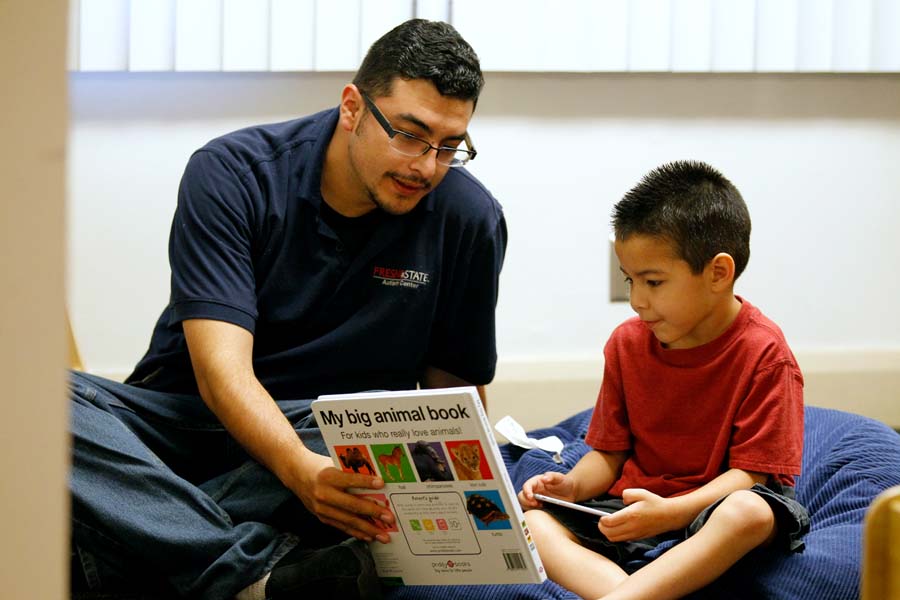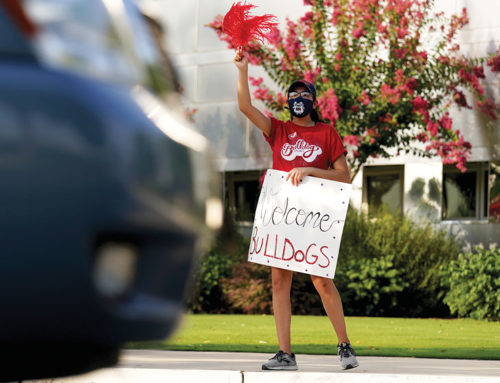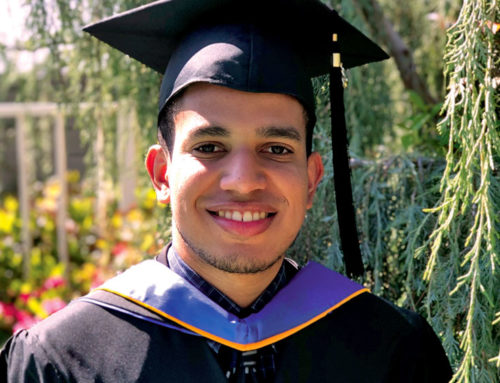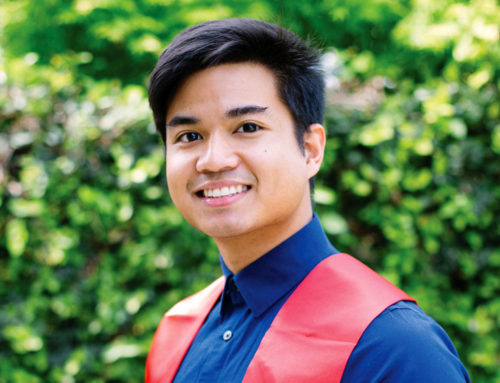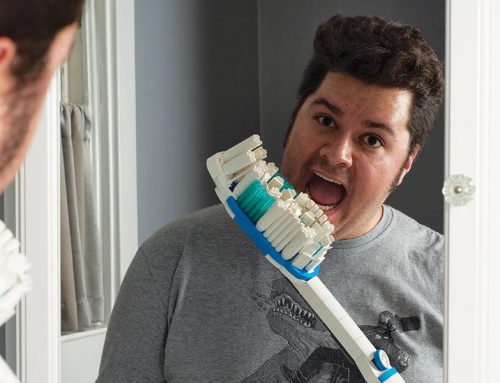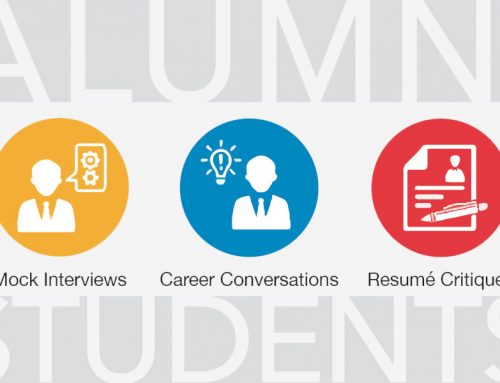Autism Center Expands Services Across Region
by Melissa Tav
Sounds of laughter permeate the hot summer air as young children, bouncing with excitement, await their turn to pet Fresno State’s newest live mascot, Victor E. III. Some kids playfully run away, with Victor E. in close pursuit. Five-year-old Uriah falls to his knees and is immediately greeted with wet, friendly kisses from Victor E. An ecstatic smile spreads across Uriah’s face.
Laughter is a welcome noise for those who work at the Autism Center @ Fresno State. For some of these kids, a visit from Victor E. was just what they needed. All the kids at the center, ages 18 months to 5 years, have Autism Spectrum Disorder or a related disability.
Affecting nearly one in 68 children, autism is a developmental disorder that can cause significant social, communication and behavioral challenges.
Just two years ago, Uriah was not able to verbalize his emotions. His mother, Valerie Williams, of Fresno, said it began when he was 16 months old. That is when his speech regressed seemingly overnight.
“Within a couple of months, he just lacked all speech and was yelling and grunting to get attention,” Williams says.
At age 3, he began early intensive behavior treatment at the Autism Center, and the improvement in his speech was immediate.
“As soon as he came in to the Autism Center, I noticed progress very fast,” Williams says.
“From the age of 3 to 5 1/2, Uriah went from nonverbal to having full-length, competent conversations. At the center, he was able to get that one-on-one attention that he needed.”
Uriah, who graduated from the program in July, no longer has the diagnosis of autism and began kindergarten in the fall — fulfilling a prime goal of the Autism Center.
Tim Yeager, clinical director of the Autism Center, says Uriah is one of many success stories that arise from the program each year.
Since 2007, the Autism Center has provided more than 80 children with early intervention services. As a treatment, education and research center, it provides children diagnosed with autism between 20 and 40 hours of weekly therapy services to improve the child’s language, motor, social and learning skills.
In addition, 50 undergraduate students majoring in psychology, early childhood education and speech-language pathology are employed and receive training there. The center is part of the Behavioral Sciences Institute in Fresno State’s College of Science and Mathematics.
“The rates of autism continue to rise,” Yeager says. “The Central Valley, in particular, is identified as an autism cluster with significantly more children with autism here than in other areas in the country.”
To broaden the services offered in the region, a new satellite location was launched in August at Valley Children’s Hospital in Madera County. The new two-room site, located nine miles north of Fresno State, serves up to 16 clients. Children receive 15 to 30 hours of treatment a week and are referred for services through the child’s pediatrician or through the Central Valley Regional Center. Yeager hopes to open additional locations in the future.
Students and staff working at the Autism Center @ Fresno State will receive additional training at the satellite location.
Behavioral interventionist Camille Williams (no relation to Valerie) worked at the Autism Center for the past three years while pursuing her bachelor’s degree in psychology. She was hired full time at the Autism Center soon after graduating and says the experience she’s gained will be tremendous toward obtaining a master’s degree in applied behavior analysis.
“If I know how to work directly with children, I’ll be able to train other people to work with children in the future,” Camille says. “Starting here has helped me gain valuable and extremely rewarding experience in working with children with autism.”
—Melissa Tav is a communication specialist for the College of Health and Human Services at Fresno State.

